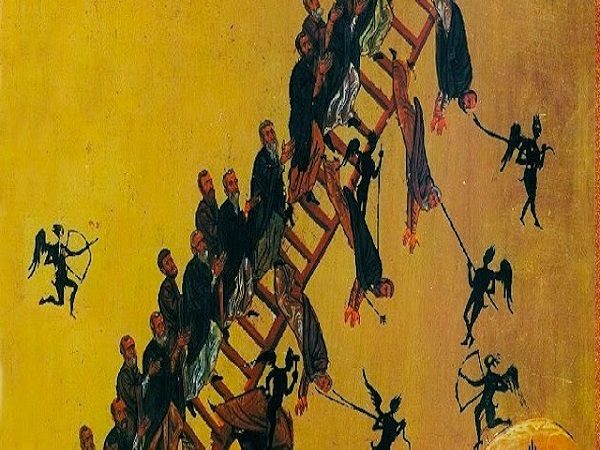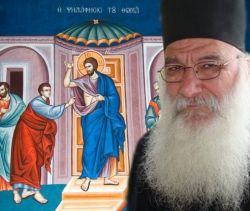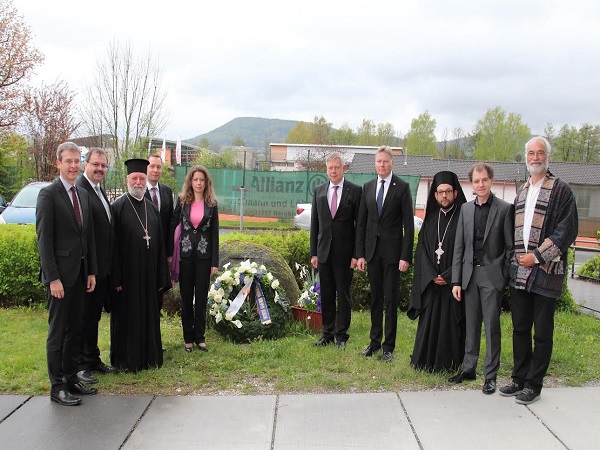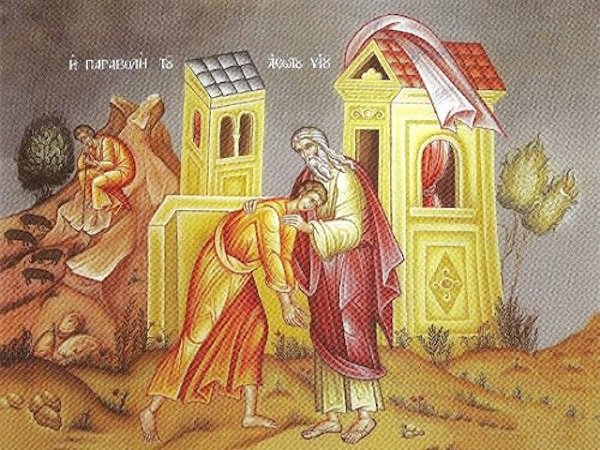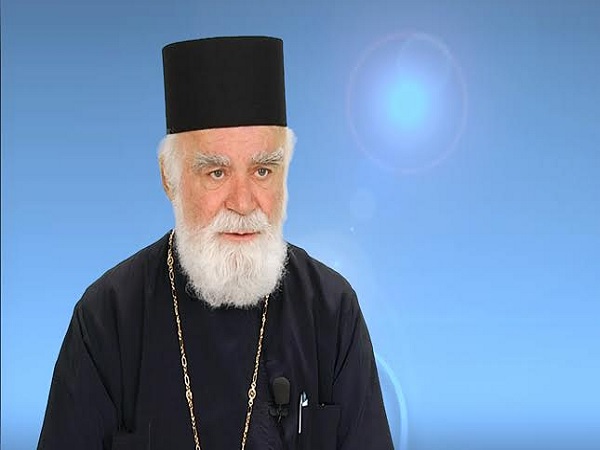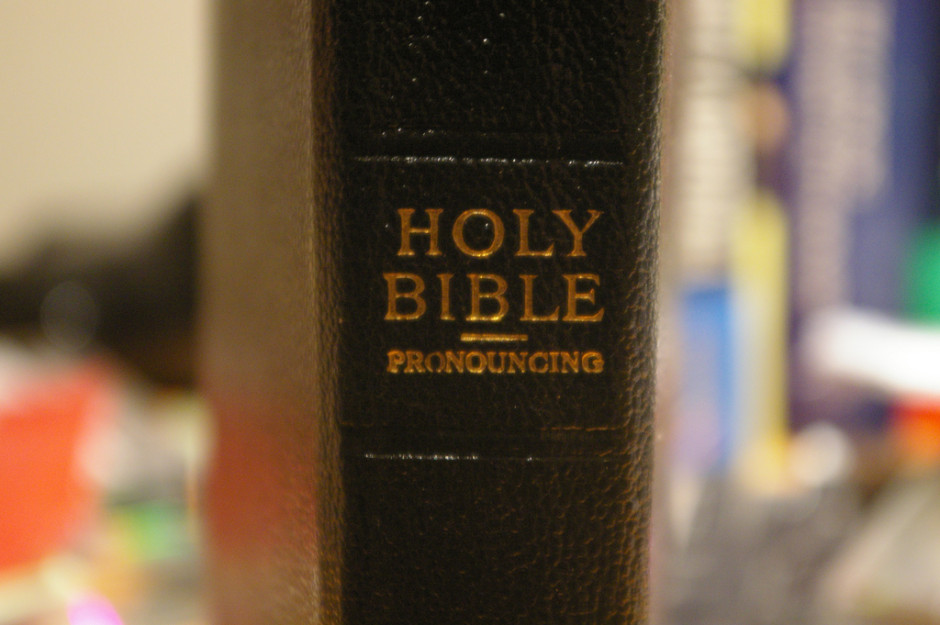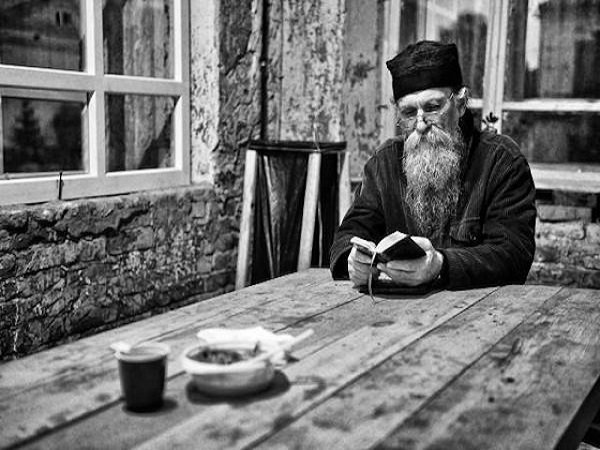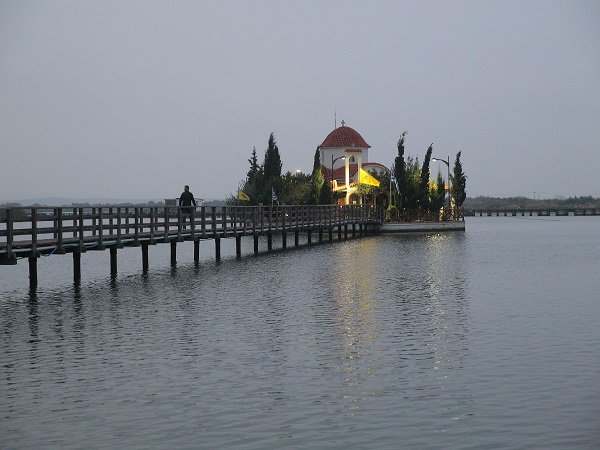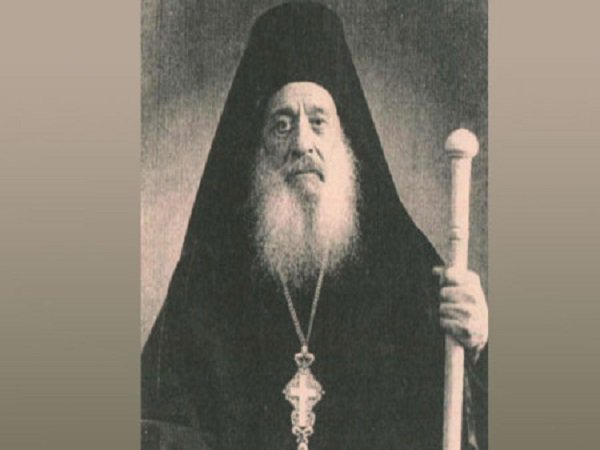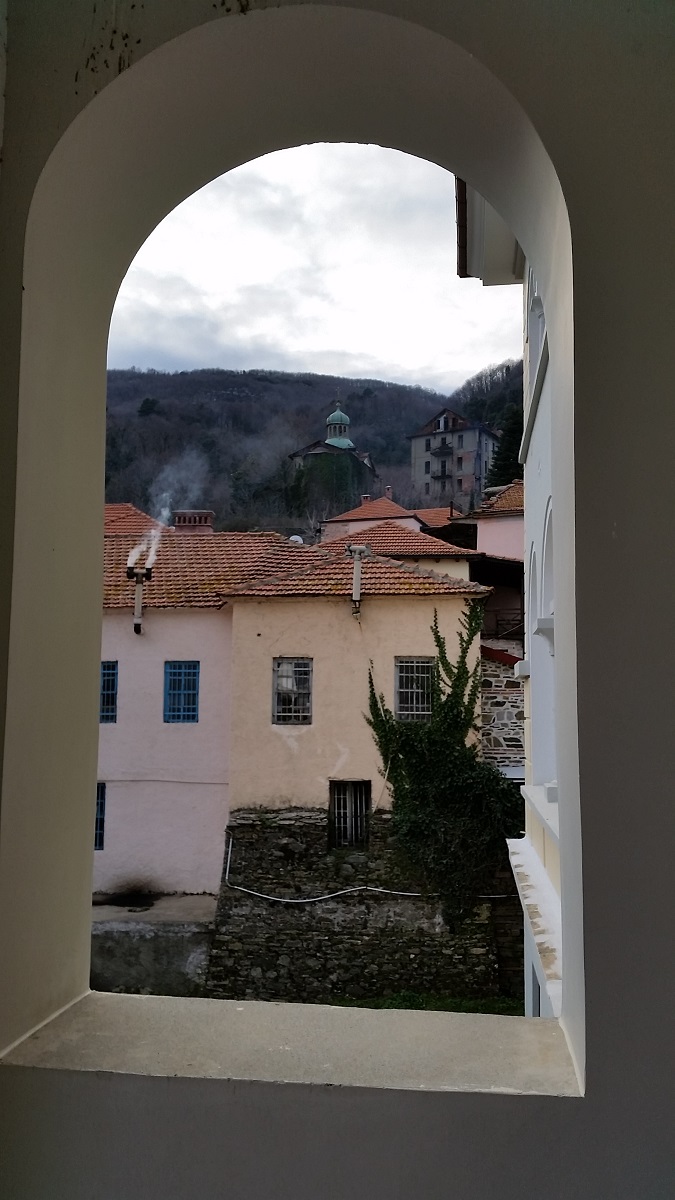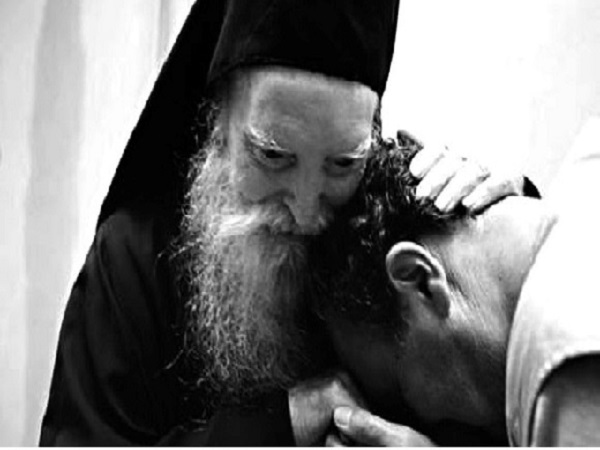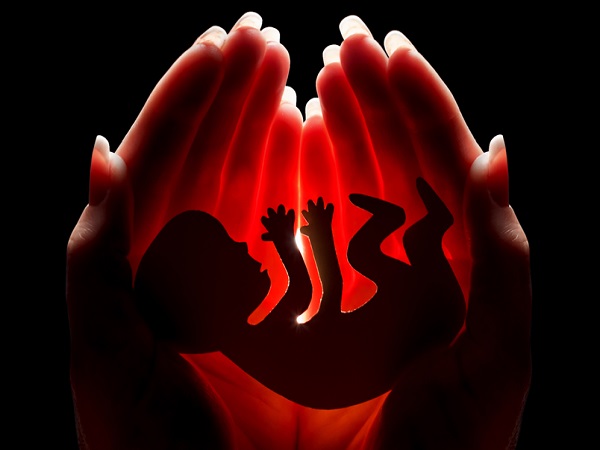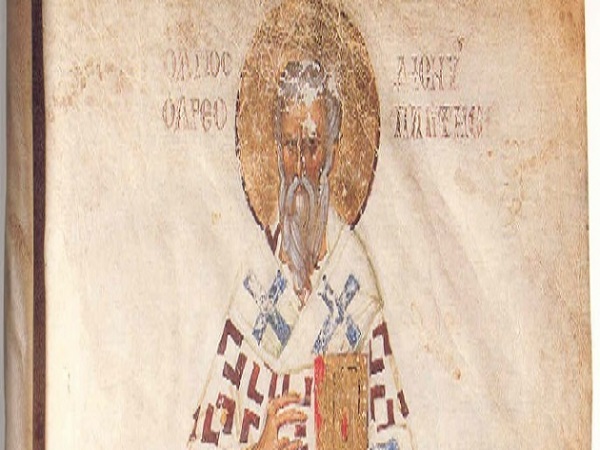
The Dionysian corpus dates to the turn of the fifth and sixth centuries and it comprises of the following four works: the Ecclesiastical Hierarchy, the Celestial Hierarchy, the Divine Names and the Mystical Theology. The identity of the author remains an enigma and all we have is his pseudonym. He became known as Pseudo-Dionysius or Dionysius the Pseudo-Areopagite. philofbeing.com Hierarchy constitutes a prominent place in the whole work of Dionysius. He mentions it several times and gives the following meaning: “Hierarchy is a sacred order, knowledge and activity, which is being assimilated to likeness with God as much as possible…” And that is the purpose of his hierarchy; the assimilation and union with God. Hierarchy is supposed to enable beings to be ...


